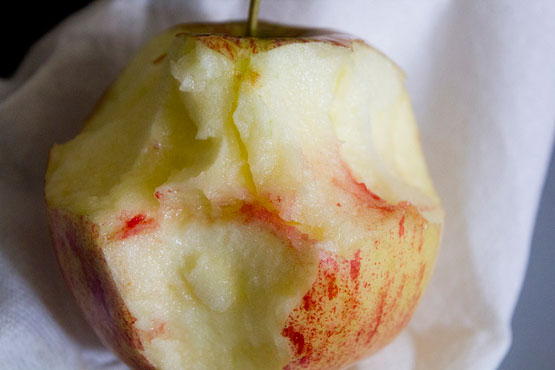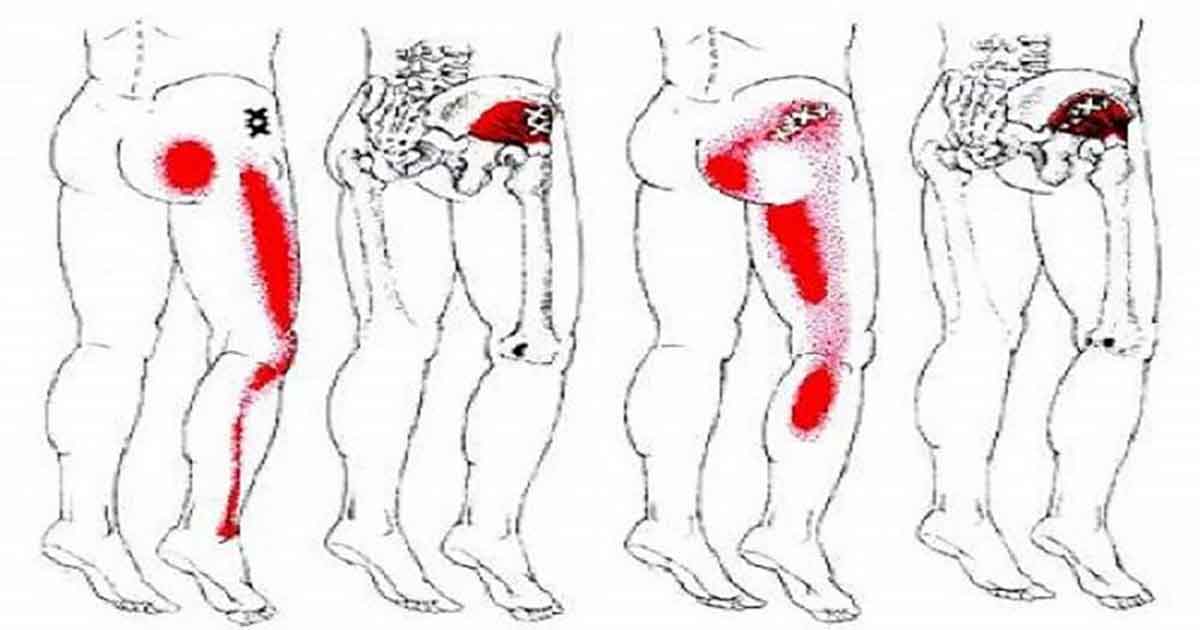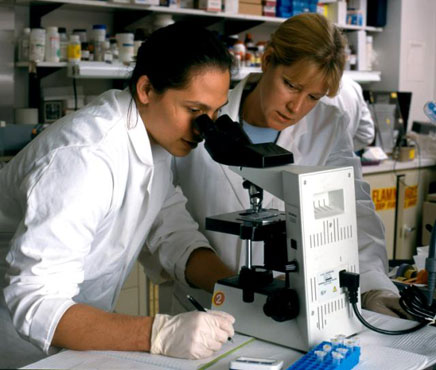We often catch ourselves talking about using animal milk in the diet of infants and toddlers, but this topic always initiates reactions, especially to parents whose attitudes are split because they frequently get different advices from experts. One expert is going to give scientifically proven facts why and whether to consume milk by animal origin. Which are the pro’s and the con’s of consumption of cow milk which is usually given to the babies and children. When we mention baby’s food, lots of people are firstly associated to milk.

However, this association is biologically justified only if we think of mother’s milk, not of animal milk. Sometimes this association goes as far as to ask whether one kid can normally develop without animal milk, and the answer is not only it can, but animal milk can cause many health problems to small children. This article is devoted to this topic – the problems that consumption of animal dairy products can cause.
Cow milk is most popular among children’s diet. The recommendations of the American Association of Pediatrics (AAP) are very clear and say: a children under 12 months should not be given cow’s milk. What are the reasons for this?
The cow’s milk does not have a sufficient amount of:
- Vitamin e
- Iron
- Essential fatty acids
The cow’s milk is overloaded with:
- Proteins
- Sodium
- Potassium
Or, simply put, the nature designed the cow’s milk to be appropriate food for a calf, not a kid.
The cow’s milk could potentially lead to specific health issues for kids.
Anemia: Giving cow’s milk in the first year of the life is the biggest risk factor that contributes for development of lack of iron and anemia. Cow’s milk not only has too much of iron and its iron is weakly absorbed, but it decreases the absorption of iron from other sources. Therefore, strict avoidance of cow’s milk is necessary with a goal to prevent anemia from happening and all of its serious consequences.
Allergies: Animal milk is the most frequent cause of children allergies. It has three types of reactions:
- Lactose intolerance – a frequent problem of the digestive tract caused by the inability of the body to digest lactose, a type of sugar present in milk. It can be manifested with diarrhea and gasses.
- IgE allergy – this reaction appears in a few minutes after drinking milk. It can have serious reactions, although usually the symptoms are moderate. The broad specter of symptoms is made of skin reactions, breathing problems all the way to anaphylactic shock. This is a life threatening situation in which the patient collapses, has a hard time breathing and has swelling on the lips. In this case you should immediately call 911.
- Non-IgE allergy – another type of milk allergy is this one which was previously called intolerance to proteins in the cow’s milk. The symptoms of this type of allergy are delayed, starting from a few hours to few days after consumption, and that is why it can be hard to diagnose it.
Addiction: when some parents say that their kid is addicted to milk, this should not surprise us. There is a biological theory that explains this. Namely, the milk contains casein which is dissolved to casomorphine, which is N opiate peptide. If we think about it, it makes perfect sense because the nature designed milk in such a way a) with opiate effect, it has calming effect for babies, b) the opiate creates addiction, and this is a mechanism on how to “make” the baby eat regularly, in order to develop, c) the opiate effect calms the intestines.
All these are useful when coming from the mother’s milk, but if the primary idea of nature is manipulated and you give the baby animal milk, the effects are over-emphasized, the relaxation turns into addiction and the calmness of the intestines turns into constipation.
To sum up, if you want to get more informed, talk to your doctor.




















